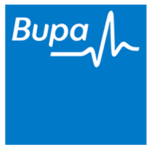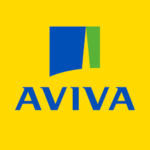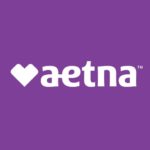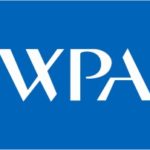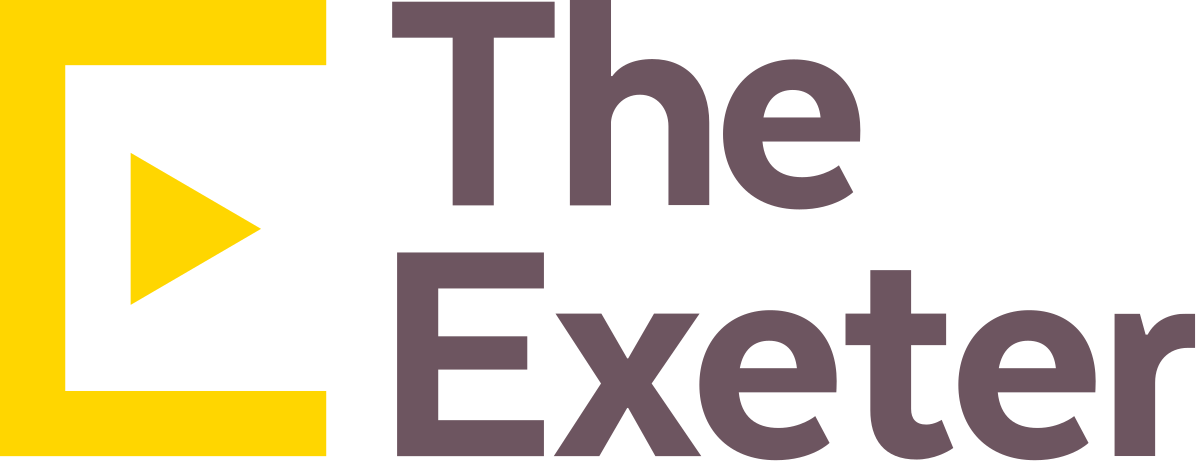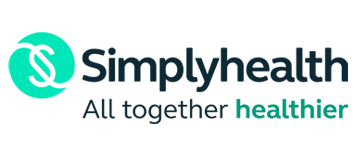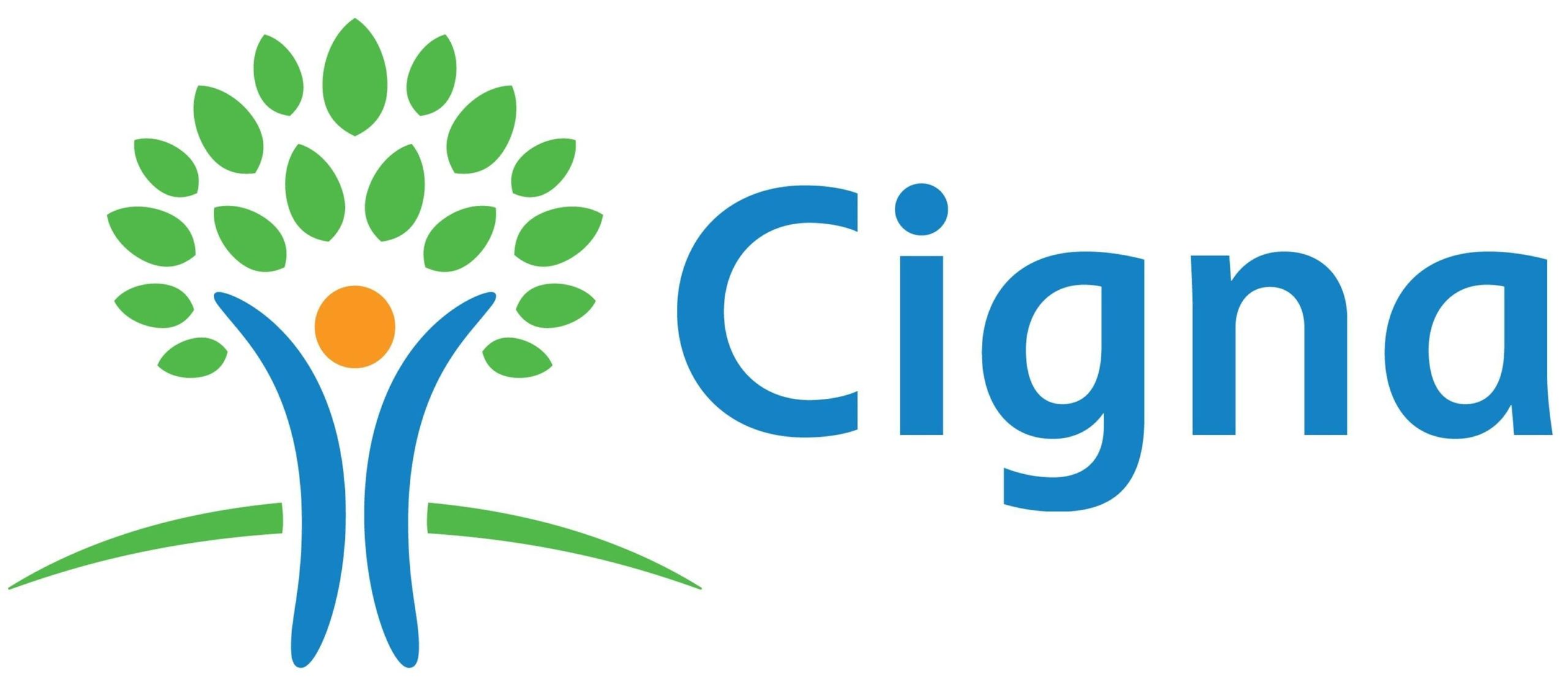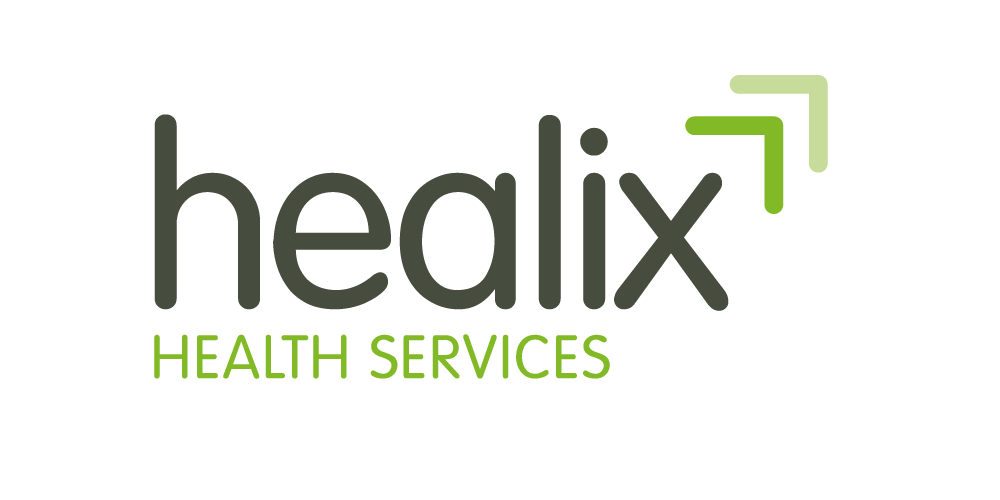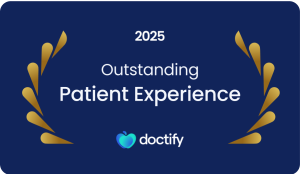What to expect
How to arrange an appointment with me?
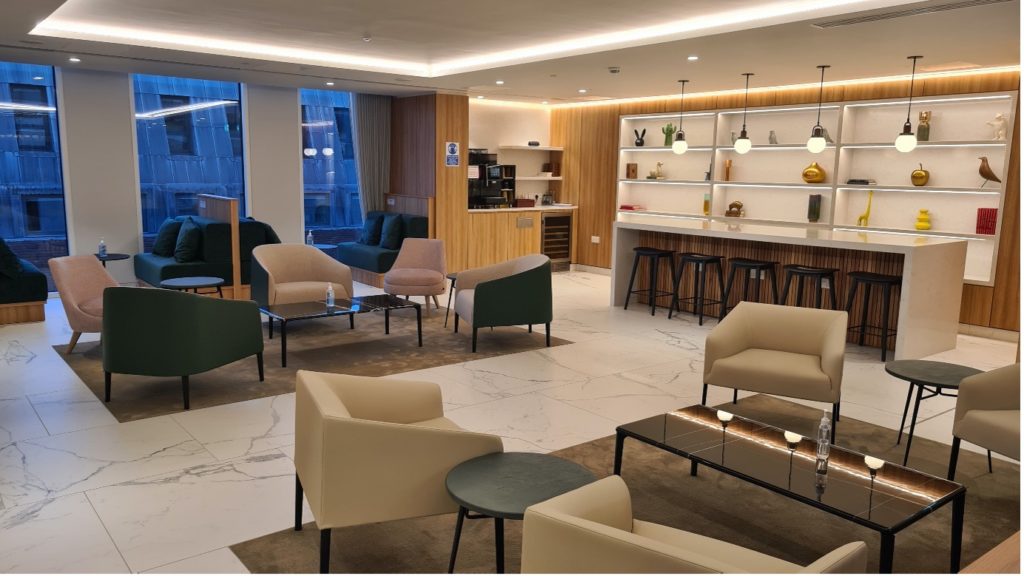
I work at a number of hospitals throughout central London (see below). These are all comfortable, highly equipped medical centres with excellent diagnostic and surgical facilities.
If you prefer the comfort of your own home, I can also arrange a telephone or video consultation.
You can book your appointment by contacting my secretary by telephone or email.
We aim to try and minimise the number of appointments for the consultation and other investigations. Often, they can all be performed during the same visit and we may able to advise and prearrange some of these for you accordingly.
When you have made an appointment you will receive a telephone call and email, confirming the time, date and location. You will also receive my terms and conditions and any specific terms related to the hospital you have chosen to see me at.
Please do try and keep to the appointment times, as the clinics run a relatively tight timetable.
The clinics are in demand and I would be grateful if you could let us know ideally 48h in advance if you cannot attend, to allow us time to reschedule another patient.
The consultation
When you arrive at your chosen hospital you will be asked by the reception team to fill in a registration form and you will be directed to a waiting area. Refreshments will be provided.
The initial consultation usually lasts about 30 minutes. I will perform a detailed examination and together we will formulate a comprehensive plan for diagnosis and treatment.
You will receive a letter detailing the consultation within a few days.
After your consultation, any necessary investigations will be arranged within a few days, although many can be performed on the same day depending on the hospital.
Investigations you may need to help me make a diagnosis include: hearing tests, blood tests, allergy tests, ultrasonography, X-ray and CT/ MRI scans.
The results of most investigations should be available a few days later and will be sent to you, or discussed at a follow-up consultation.
Some common ENT out-patient procedures that may be required during the consultation
Hearing tests
These usually comprises a pure tone audiogram (PTA) and a tympanogram.
The PTA will be conducted in a soundproof room where you will be asked to detect different sound tones through a headphone. This is the commonest way of measuring hearing.
A tympanogram is an indirect measure of how well the middle ear, which houses the tiny hearing bones, is ventilated. It is a very simple and painless investigation.
Microsuction of the ear canal
This involves clearing the ear canal of wax or inflammatory/ infective material. It is performed under direct vision, using a microscope and tiny metal suckers. This can be therapeutic but also allows an amplified view of the ear canal and eardrum to aid diagnosis.
Flexible or rigid nasal endoscopy
This is a very important diagnostic procedure that I use to obtain an amplified view of the nasal chambers, the back of the nose, the throat, the back of the tongue, the voice box and sometimes the upper part of the gullet and windpipe.
After application of a topical numbing agent in the nose and throat, a thin lubricated flexible camera will be passed into the nose and if required into the throat. A rigid camera may be used in some circumstances to perform a nasal therapeutic procedure at the same time.
If there is a problem with your voice or you have a cough, a videostroboscopy of the voice-box will be simultaneously performed to examine how the vocal cords move and make contact with each other.
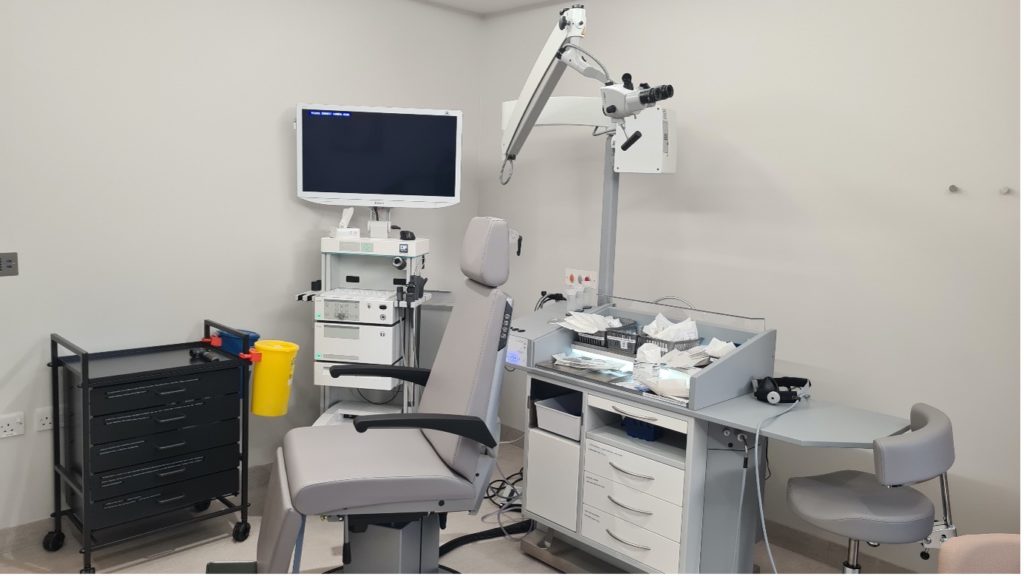
Where can you visit me?
I consult at some of central London’s premier private hospitals
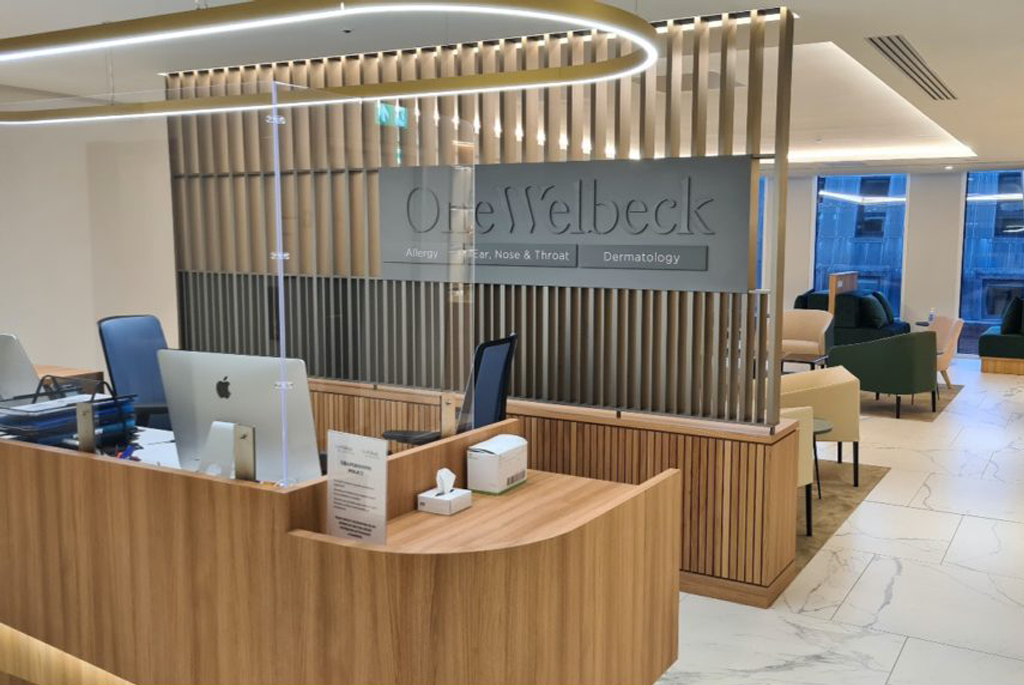
OneWelbeck
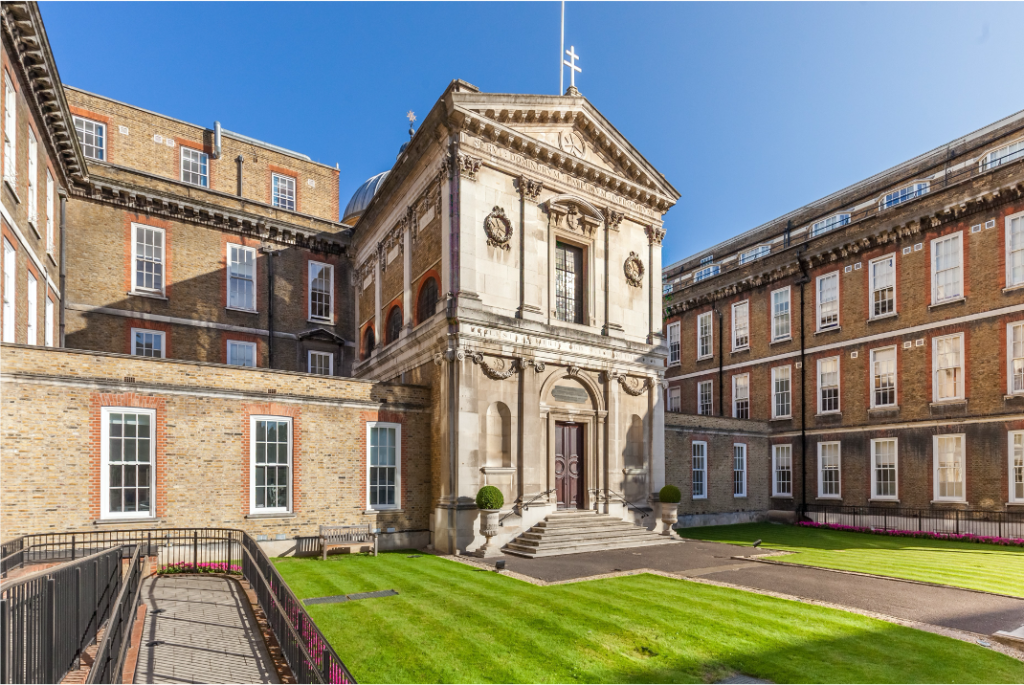
The London ENT Unit at The Hospital of St John and St Elizabeth
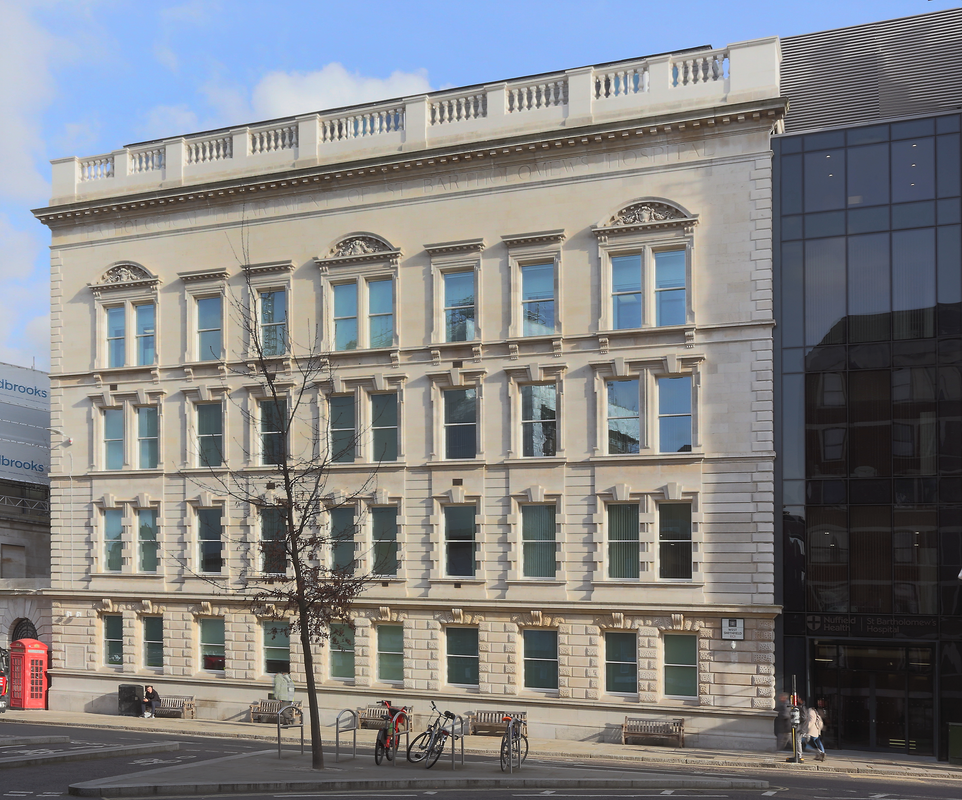
Nuffield at St Bartholomew's Hospital
HCA London Bridge Hospital at The Shard
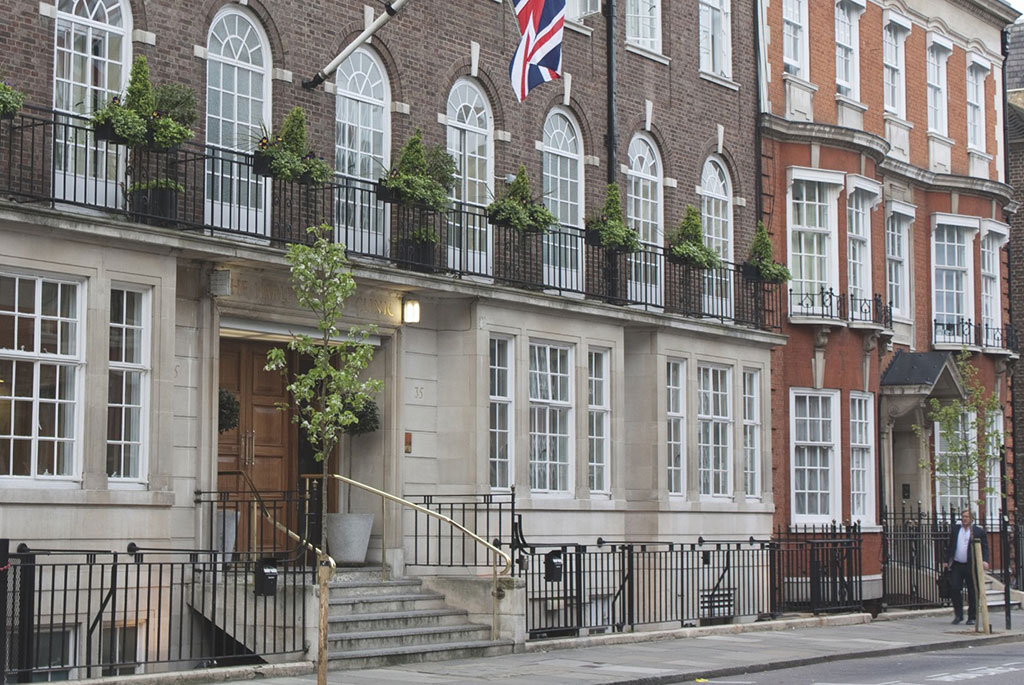
HCA at The Harley Street Clinic
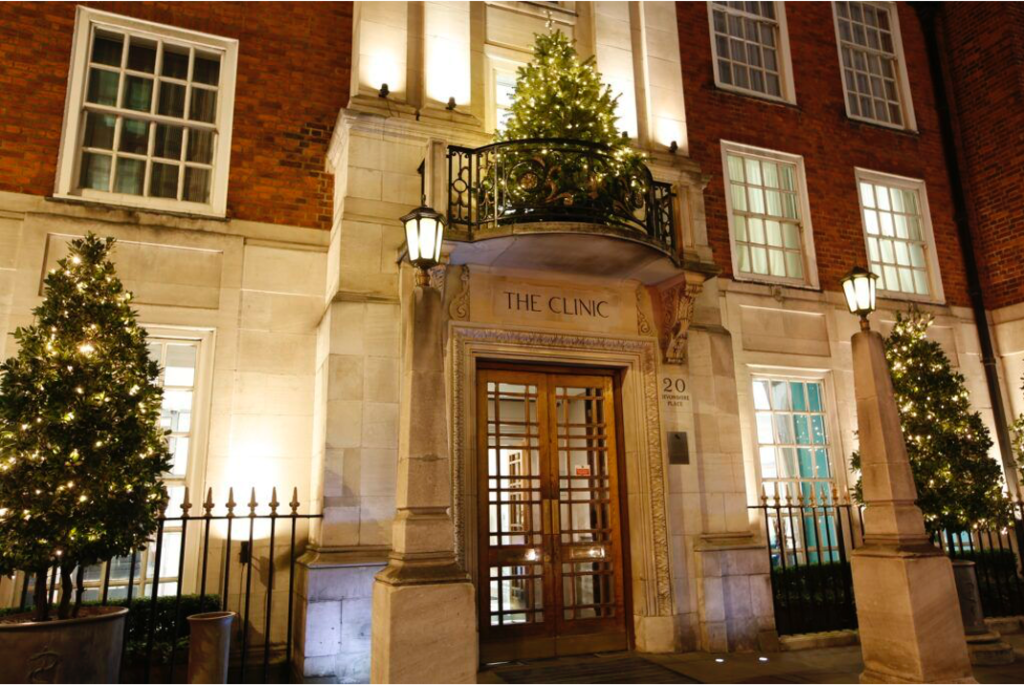
The London Clinic
My availability
I have a fairly busy NHS practice, but at present I can see you on Thursday and Friday afternoon and evenings and Saturday mornings. You can also arrange a virtual consultation with me on Wednesday evenings.
If you require surgery, different hospitals have different strengths in terms of equipment, theatre staff, inpatient stay and high dependency facilities. I will recommend performing your operation at the facility that best matches your operative needs.
How to make payment.
Insured
If you are insured, please can you make sure that your insurance provider is happy for you to consult with me at the facility of your choice. We can also advise you of what additional procedures might be required in order for you to gain an accurate pre-authorisation which we will need.
I am assured with all the major providers as listed below, but please contact my office if you are unsure.
If there is any excess to pay on your policy, most insurers require us to collect that excess directly from you. If this is the case, we will send you an invoice for the outstanding amount with details of how to make payment.
Self-paying fees
For self-paying patients, here is a list of my common out-patient fees.
New patient consultation £300
Follow up consultation £200
Ear Microsuction: £150*
Flexible nasal endoscopy/ Videostroboscopy: £200*
*Please note that this does not include the hospital facility fee.
Please be reassured that my fee structure is highly competitive for the time and quality of care offered. I will only recommend performing procedures that I deem absolutely essential for diagnosis or treatment.
It is important to note that in addition to my fees, the hospital will also charge a separate facility fee for each procedure. This is to cover the cost of using, cleaning and maintaining their equipment. These additional fees vary between hospitals. You will be made aware of these costs before we proceed
If you are self-paying, please do contact us in advance and we will work out an estimate of the total cost of your consultation by hospital, in order to help you decide the most cost-effective option for you.
In terms of payment, most of the hospitals will require payment of any facilities charges on the day, usually by card payment, but you may be able to negotiate alternative methods of payment with them.
For my own fees, we can take a payment by credit card, or you can pay by bank transfer.
Please note that for self-paying video consultations, we usually request that you kindly provide us with a credit card number when you book the consultation. This will only be charged after the consultation. Alternatively, you can pay in advance of your consultation by bank transfer.
I look forward to seeing you and helping you get better.
